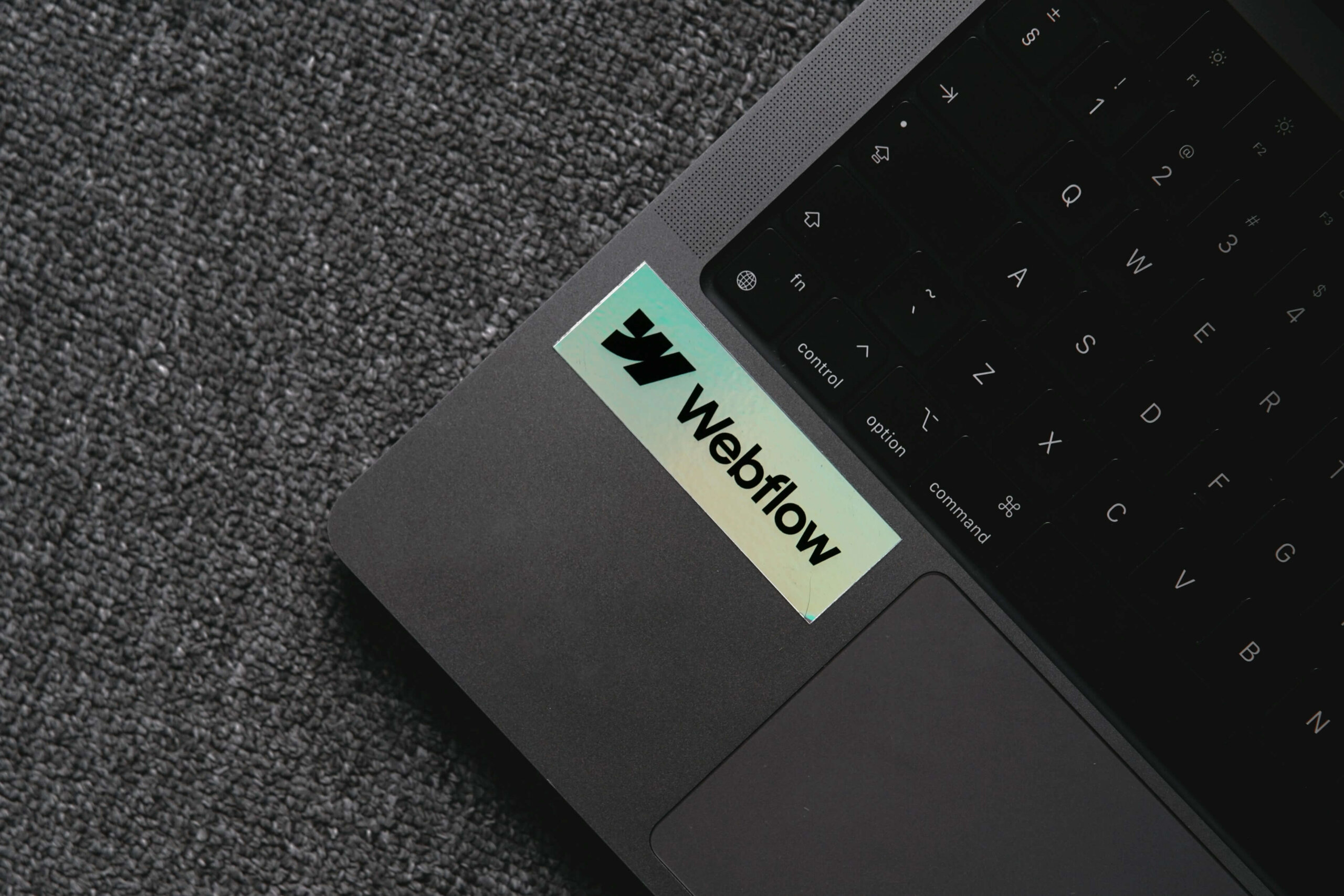If you’ve worked in SEO for any length of time, you know one thing: the landscape never stops shifting.
But over the past couple of years, the changes haven’t been subtle — they’ve been seismic.
Two major forces have collided to redefine how search works in 2025: zero-click searches and AI-generated overviews. Suddenly, you can rank high, even at the top, and still get barely any traffic.
Why? Because the user never clicks.
As Google evolves into more of an answer engine than a search engine, the traditional keyword game is fading fast. But instead of resisting the change, it’s time we adapt.
This article explores what’s changing, why it matters, and how to win in this new era of search.
Let’s get in!
What Are Zero-Click Searches?
A zero-click search happens when users get the answer they need directly on the search results page — no click required. This includes featured snippets, definitions, local packs, and increasingly, AI-powered summaries.
According to a recent Semrush study, 57% of mobile and 53% of desktop searches now end without a single click. For SEO professionals and content marketers, it means that more than half of your potential audience never even sees your website.
Search engines are now doing their best to keep users on their own platforms. And while that’s good for user experience, it’s squeezing traffic out of the websites that create and publish content in the first place.
AI Overviews: The Search Generative Experience (SGE)
Google’s SGE (Search Generative Experience) is the latest evolution in how information is served. Rather than listing sites to click, SGE generates an AI summary at the top of the page. This summary often pulls information from top-ranking websites and presents it in a neat, readable paragraph.
Sometimes sources are cited. Often, they’re not. And even when they are, the need to click through has already been diminished.
This presents a massive challenge for informational content creators, especially those relying on organic traffic to monetize blogs, services, or affiliate content. The fact is, Google’s AI is increasingly acting as a middleman — and sometimes, it’s like the final destination.
Why This Shakes Up Keyword Strategy?
Traditionally, SEO strategy looked something like this:
- Find a high-volume keyword
- Create a long-form article optimized for that keyword
- Build backlinks
- Rank on page one
- Reap the traffic
But now, that final step — traffic — isn’t guaranteed, even if you rank. Because if the search query is answered on the results page itself, users may not need to visit your site at all.
This is especially true for broad, informational queries like “What is technical SEO?” or “How to optimize images for search.” These are the kinds of searches AI and featured snippets are gobbling up.
As a result, SEO strategies need to evolve away from achieving rankings to focusing on intent, value, and visibility across multiple formats.
How To Adapt And Stay Ahead?
If ranking no longer guarantees traffic, what should we focus on?
Here are some actionable ways to adapt your SEO game in 2025:
Target click-intent queries
Focus on questions and phrases that imply action, like “best SEO tools for freelancers” or “affordable SEO agency near me.” These are more likely to drive clicks because they can’t be answered in a single sentence or a brief paragraph.
Go deep where AI can’t
Create content that AI can’t easily summarize. Case studies, thought leadership, personal stories, original data — these build trust and authority, and they’re harder for AI to replace or replicate.
Use Schema and FAQ markup
Structured data increases your chances of being shown in People Also Ask, featured snippets, and even AI summaries. Use ‘FAQPage’, ‘Article’, and ‘HowTo’ schema to give Google a comprehensive context.
Turn informational pages into conversion funnels
Even if you get fewer clicks, ensure those who land convert. Optimize for lead capture, downloads, signups, and engagement. Don’t waste the clicks you get.
Double down on branding
Zero-click search feature somehow negatively affects unknown brands. But if people remember your name, they’ll search for it directly. Focus on visibility across social platforms and community discussion forums so your brand becomes the shortcut.
With all these tips and tricks, if you’re still feeling lost and don’t know how to progress in this new search era, we recommend you opt for some holistic generative engine optimization services for your website. The implementation of tailored strategies will increase your chances of being discovered in AI-enhanced search and boost the credibility of your website over time.
What the Data Tells Us?
Let’s put things into perspective with some recent statistics:
- 43% of users trust Google’s AI overviews to be accurate, even when they don’t check the source.
- Organic CTR for position #1 has dropped from 34% to 24% over the last three years.
- Content with original visuals and first-party data is 2.3x more likely to be shared and linked.
This means ranking isn’t enough — what matters now is being memorable, clickable, and valuable enough to pull users beyond the search page.
Is Zero-Click Actually A Good Thing?
Not all zero-click outcomes are bad. In some cases, it means you’ve earned a featured snippet or top result and built authority, even if traffic isn’t pouring in. Users now associate your brand with expertise.
Also, zero-click searches can be stepping stones. They introduce your brand in quick answers, which may lead to branded search traffic later on. If someone sees your site cited twice in a week, they might Google your brand name next time. Think of it as brand conditioning. The clicks may come later.
Conclusion
Zero-click searches and AI overviews aren’t the end of SEO — they’re just a wake-up call. A call to move past volume-based strategies and start thinking holistically about how people search, what they trust, and how they choose to engage.
If your SEO strategy still lives in 2015, it’s time for an upgrade. And if you’re willing to create content with heart, insight, and a clear purpose, you’ll do more than survive this shift. Actually, you’ll thrive in it.
Because in a world of instant answers, being unforgettable is more powerful than just being found.




